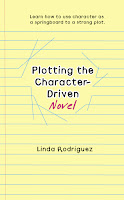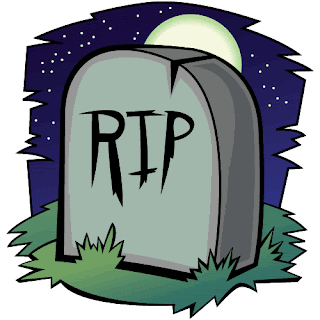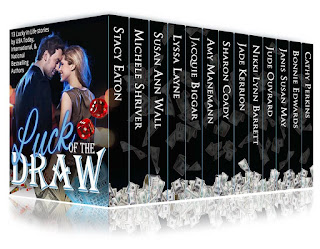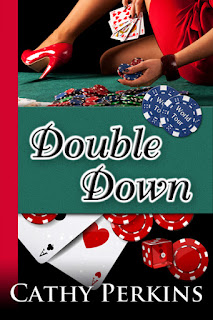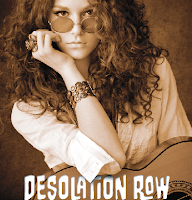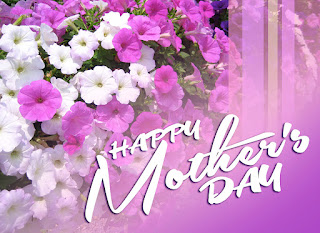by Linda Rodriguez
In the mystery-writing community,
people tend to divide themselves into plotters or pantsers. This
seems to me to set up a false dichotomy where real authors either
write out rigid, detailed outlines of their entire books before they
begin their first draft or they start with nothing but perhaps an
image or a line and then wing their way through the entire book. I
know this divide isn’t true, and if you look, you can find plenty of
interviews with and articles by established mystery writers saying
this isn’t true, but still, this either-or myth seems to fill the air
and create problems, especially for fairly new writers.
I’d like to suggest that there are
myriad ways to write a mystery or thriller that partake to varying
degrees of both methods and yet are neither. Probably the initial
freeing knowledge in this arena that I encountered was from
best-selling and award-winning Elizabeth George. George has also
written a great book on writing the novel, especially the mystery, Write Away:
One Writer’s Approach to Fiction and the Writing Life, in which she discusses the way
she writes her own highly successful mysteries. She plots out in
broad general terms what will happen over the first 50 pages, goes
into more detail about what will happen in each scene right before
she writes it, and then she changes that rough 50-page outline to
adhere to what she actually wrote in those first 50 or so pages,
plots out in general terms the next 50 pages, and proceeds this way
through the first draft of the entire book. At the end, her outline
shows the basic structure of what she’s actually written, providing a
tool she can use in revision.

George’s practical method was very
close to what I was actually doing. I felt like a failure because I
couldn’t stick to a pre-determined outline of a whole book, nor could
I just wing it without finding I’d often left out the drama my book
needed. But, hey, if Elizabeth George did it, too, maybe I wasn’t
such a failure.
The truth of the matter is that any way
you can get a good book written is the right way for that book. Some
people love those detailed outlines—I’ve heard some authors claim
their original outlines are longer than the books themselves. Some
people can fly across the page on a wing and a prayer with no
preparation, never knowing where they’re going until they reach the
end, without later having to throw away huge chunks of draft and
spend ages on major revisions to try to inject some action and drama
into their manuscripts. As far as I can tell, however, both extremes
are fairly rare. Usually, in talking with writers, I find they use
some mixture of the two methods. Perhaps they think a great deal and
even make notes about the world of the book, the dramatic situation,
and the characters—notes they may later refer to or not, as the
case may be—and then they just start writing, having gassed up the
story machine in their unconscious with their earlier thinking, and
just keep going until the end. Perhaps they wing it until they get
into trouble and then they work on figuring out what happens next
before winging it again for a while, cycling in and out of that
process throughout the book. This is a strategy I have also used
before and may well use again.
We find what works for us for this
particular book—and the thing is, that tends to change with certain
books—and that becomes our method, until it no longer works for the
book we’re on now. So I urge all of you to eschew the seeming
requirement for rigid extremes. Try some of these hybrid methods and
see if any one of them will work well for you with the book you’re
writing now, keeping in mind that it’s not the only one and you can
change to another of them when it no longer helps. You might make up
a hybrid method that I haven’t mentioned that will work well for your
book, or you might find another that I haven’t mentioned in an
interview with a writer you admire. Use what works for you at the
stage you’re at right now.
New novelists, especially, can find it
difficult to successfully juggle all the plates of character,
conflict, action, motivation, background and setting, dialogue, scene
structure, plot points, emotional turning points, plot complications,
subplots, and a million more from the beginning. Thinking ahead and
planning for effective use of some of these aspects of the novel is a
completely successful way to work, even if you want to wing the rest
of it.
These are my two cents on the whole
plotter vs pantser thing. How do you work?

Linda Rodriguez’s
Plotting the
Character-Driven Novel, based on her popular workshop, and
The
World Is One Place: Native American Poets Visit the Middle East,
an anthology she co-edited, are her newest books.
Every Family
Doubt, her fourth mystery novel featuring Cherokee campus police
chief, Skeet Bannion, will appear in autumn, 2017. Her three earlier
Skeet novels—
Every Hidden Fear,
Every Broken Trust,
and
Every Last Secret—and
her books of poetry—
Skin Hunger
and
Heart’s Migration—have
received critical recognition and awards, such as St. Martin’s
Press/
Malice Domestic Best First Novel, International
Latino Book Award, Latina Book Club Best Book of 2014, Midwest Voices
& Visions, Elvira Cordero Cisneros Award, Thorpe Menn Award, and
Ragdale and Macondo fellowships. Her short story, “The Good
Neighbor,” published in the anthology,
Kansas City Noir, has
been optioned for film.
Rodriguez is past chair of the AWP
Indigenous Writer’s Caucus, past president of Border Crimes chapter
of Sisters in Crime, founding board member of Latino Writers
Collective and The Writers Place, and a member of International
Thriller Writers, Wordcraft Circle of Native American Writers and
Storytellers, and Kansas City Cherokee Community. Visit her at
http://lindarodriguezwrites.blogspot.com




